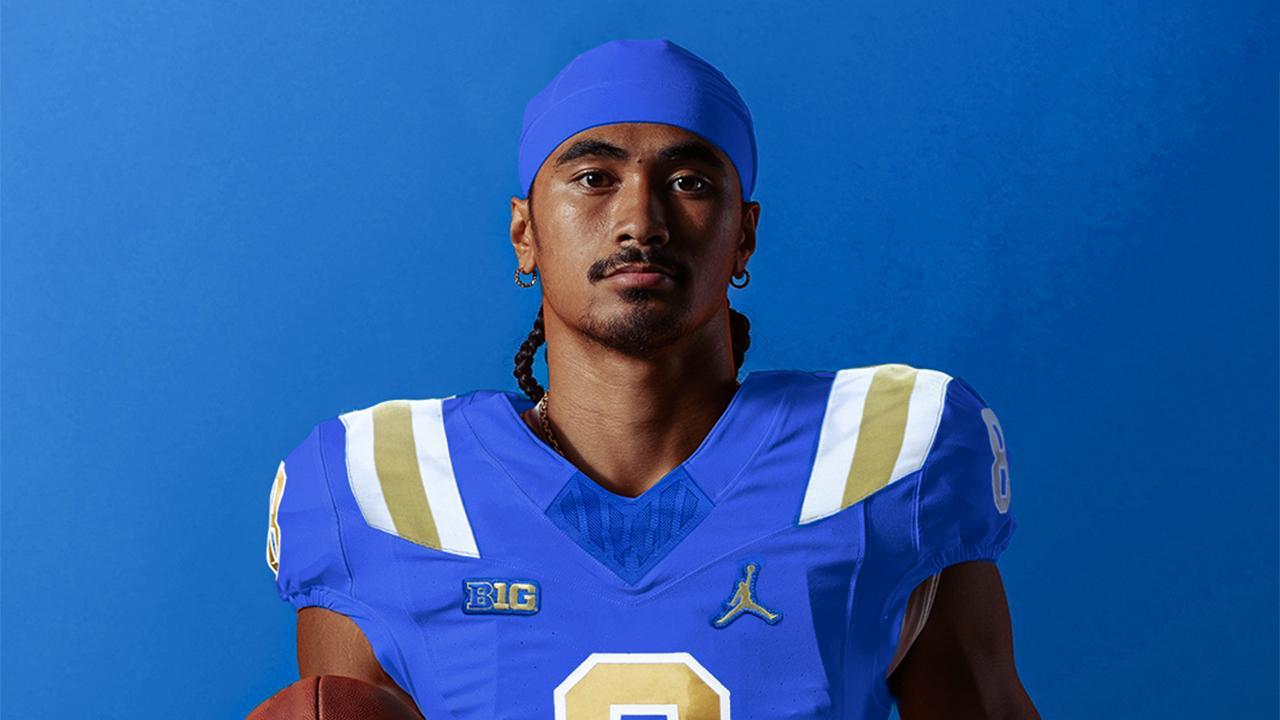No athletic department has experienced anything like the amount of transition the University of Miami has dealt with in the past five months. The school fired its football coach (Randy Shannon) and hired a new one (Al Golden). Then, the man who orchestrated those moves, athletic director Kirby Hocutt, left the school for the AD job at Texas Tech. Not long after that, UM's basketball coach Frank Haith opted to leave the ACC program for Missouri. Then, on Tuesday, the school announced the hiring of former Wisconsin deputy athletic director Shawn Eichorst as UM's new AD.
Some of the primary headaches Eichorst inherits in the Miami AD job are the ones that also represent the downside to the football head-coaching job -- limited funds, a small alumni base and shaky attendance numbers, which have only become more of a problem since the Hurricanes left the Orange Bowl for Sun Life Stadium, which is a half-hour drive north. The positives for the football job, though, are a pedigree of five national titles, being around a big city with a tropical climate and having as fertile a local recruiting base as there is in the country. You obviously can win big there, but if you're the Miami AD, you seem to be always fighting a steep climb in trying to connect with UM's fan base.
The program's support paradox is vexing: Miami's attendance numbers are paltry and have been used as a punch line. Miami's TV ratings, though, have been eye-catching, making the Canes as big a television draw as there is: The Canes were the headliner in the highest rated of any college football game in history, the 1987 Fiesta Bowl. Dating back to 1990, Miami has been involved with five of the 10 highest-rated games ESPN has had. The Canes also played in the top-rated Sugar Bowl in the BCS era that wasn't a national title game.
The challenge for Eichorst: How do you leverage that? Can you leverage that?
On Tuesday, I had a really interesting conversation with Chuck Todd, a die-hard Miami Hurricanes fan and NBC's chief White House correspondent. The 39-year-old Miami native, whose family has been season-ticket holders for UM football since 1958, told me his dream job is to be UM's AD. That's not to say that Todd is in any rush to leave his gig at NBC (he's quite happy covering the political beat over there), but he did have some intriguing ideas about how he'd try and remedy Miami's athletic department.
The school has some unique issues, Todd points out. He is convinced you can't approach the Miami athletic director job and try to apply a similar model to what you would if you were at a traditional power. There really aren't the fat-cat boosters in place, nor are the Hurricanes located in a wide-open sports marketplace, facing competition from the Dolphins, Heat and Marlins. Todd's solution to the school's vast fundraising concerns would be to approach it like a political campaign, saying that the school needs to be creative and also not be afraid of the small-dollar stuff.
"Miami has a big alumni base in New York City and certain spots in Atlanta, but they don't try to cultivate small donors at all," he said. "One thing we've learned from political campaigns is that you can go a long way with small donors. I have not seen one university try this because the big ones don't need it. They're built in with longtime, traditional ways of funding their programs. There is always some guy. Look at Oklahoma State, they have one big person, one big donor, T. Boone Pickens. There isn't that person at Miami, but I feel like there always has been an elusive search for that person. First of all, what program wants to give that kind of power to one or even 10 donors?
"Grassroots campaigns are run from the top down," Todd continued. "There's a big misconception out there that grassroots campaigns are run from the bottom up. To go with the metaphor, you have to know how to fertilize it. There are professionals who know how to fertilize the grassroots. Viral marketing isn't something that just happens virally. It is something that takes an effort. What a political campaign does is, you find everybody in your Rolodex that you know. Say that you figure out you have to go to Salt Lake City. 'Well, OK, I know somebody in Salt Lake City who likes me, and maybe they'll call 50 of their friends who will support what we're doing.'"
One other change Todd would like to see is how the school addresses its history, specifically how the Hurricanes football program was known for its brash persona when it first came to national prominence. The school has marketed its image as "The U," but at the same time has been uncomfortable with its past."That's something they have to get over," Todd said. "If they're not gonna do it, then go be Duke. What made Miami successful? They urbanized college football. Take pride in the fact of helping get college football out of the 1950s as far as urbanizing it and making it a welcoming sport to African-American kids from the inner city. They ought to be embracing that.
"All of these NFL players love to talk about 'The U' and this and that, but the school has never taken it and figured out really how to market that brand and raise money off that brand," Todd said.
A UM source said Thursday that the school is interested in exploring some grassroots ways to raise funds.
Eichorst, who plans to arrive in South Florida this weekend, knows he has a lot on his plate. First up on his to-do list: Hire the new basketball coach.




